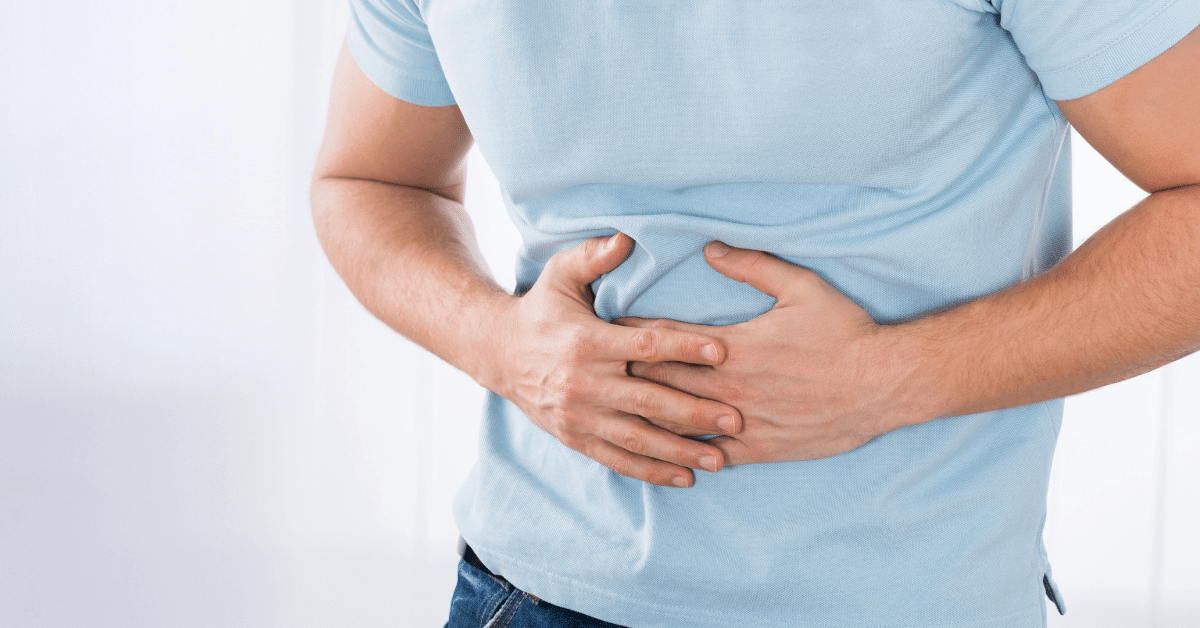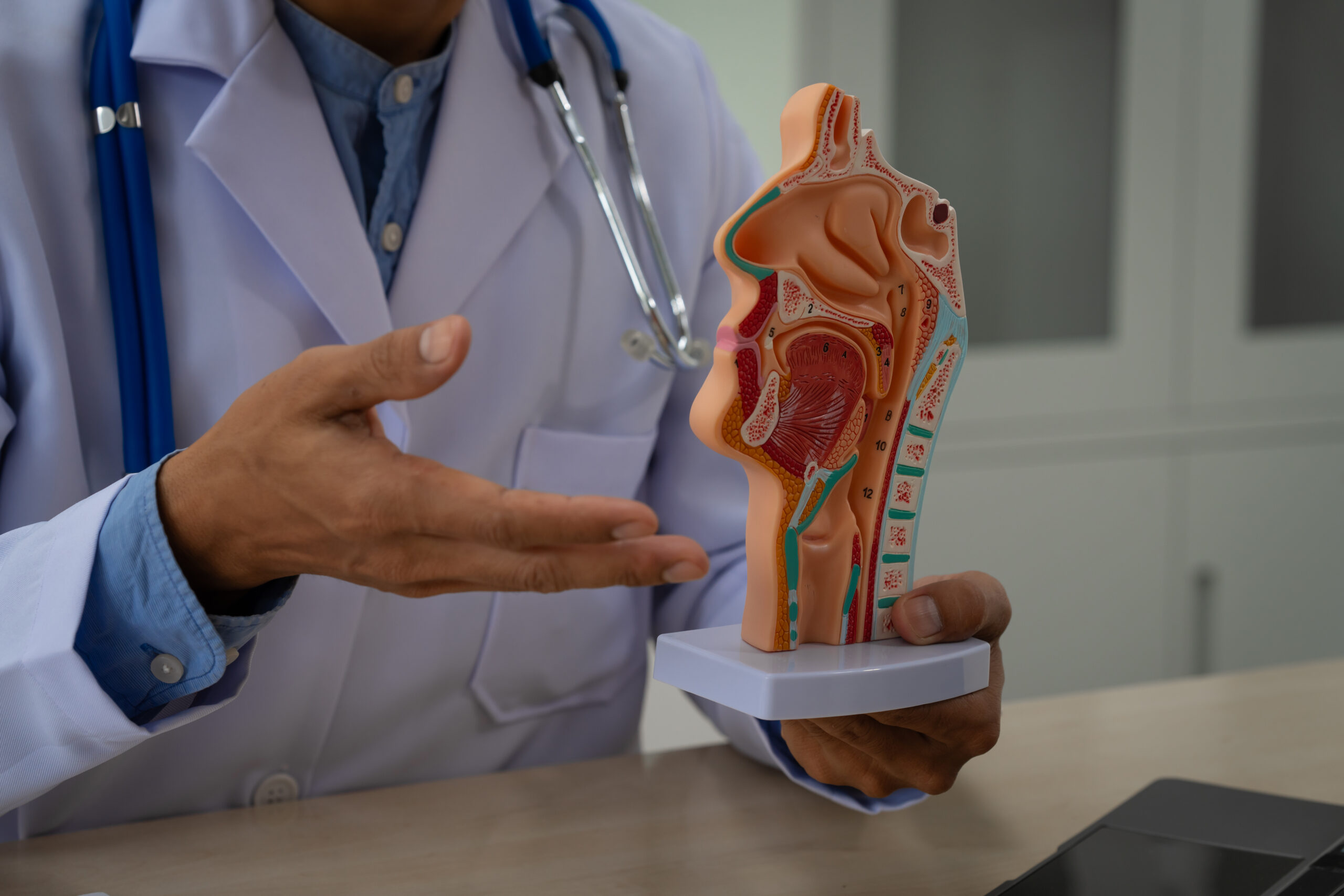Anyone who has suffered from stomach flu (also known as viral gastroenteritis) will know that it’s an incredibly unpleasant experience. Depending on the reason for your illness, your symptoms can last from a few days up to 2 weeks. Dr Vera Toh, an anchor doctor at Doctor Anywhere, shares about the stomach flu and how you can prevent yourself from getting it.
What is the stomach flu and what causes it?
“Stomach flu is an acute infection, which affects your gastrointestinal tract,” says Dr Vera. It refers to the inflammation and irritation of your stomach and intestines. This is why you’re typically nauseous when you’re down with viral gastroenteritis.
“Stomach flu is usually caused by a virus, such as the norovirus, that spreads through contact with an infected person, or through the consumption of contaminated food or water,” Dr Vera shares. Less commonly, stomach flu can also be caused by infections due to parasites and bacteria.
SPEAK TO A DOCTOR NOWSPEAK TO A DOCTOR NOW
What are some symptoms for the stomach flu?
“The common symptoms of the stomach flu include abdominal cramps, diarrhoea, vomiting, and fever,” shares Dr Vera.
Due to the vomiting and diarrhoea, you may also experience some mild dehydration as your body loses a lot of liquid during the illness.
How do I know if I have stomach flu or food poisoning?
Dr Vera shares, “Cases of food poisoning usually cluster amongst individuals who have eaten from the same food source at the same time and experience symptoms shortly after, from hours to short days.”
“In comparison, cases of stomach flu would be more sporadic without this history of having recently had the same food with other unwell persons.”
Both conditions can typically be treated at home with medications to relieve symptoms, and plenty of hydration.
How do I treat stomach flu?
“Treatment is usually supportive, with medication prescribed to target and alleviate your symptoms. You may also need to change your diet to avoid over-taxing your digestive system during recovery,” Dr Vera shares.
Some modifications that Dr Vera suggests are avoiding the consumption of hard-to-digest foods such as dairy, spicy, caffeine and alcohol. This will help to prevent further aggravation of your gut.
Caffeine and alcohol may irritate the stomach as they act as a diuretic, effectively increasing trips to the toilet. Additionally, caffeine contracts the intestines, which may worsen diarrhoea symptoms.
“Most importantly, you should stay hydrated and continually replenish the fluids that are being lost from your body.”
How do I prevent getting stomach flu?
“The best way to do so is by practising good hand hygiene. For example, wash your hands frequently before and after meals,” Dr Vera says.
If you are travelling, you may want to take some extra precautions to prevent yourself from falling ill during your holiday. “Opt for boiled or bottled mineral water if you’re not sure that tap water is safe to drink,” says Dr Vera. “You should also eat food only from trustworthy sources, where ingredients are freshly prepared and cooked on the spot.”
If you are experiencing symptoms, our doctors are here to help. Consult a GP for medical advice over the DA app, with medication delivered straight to your doorstep.







